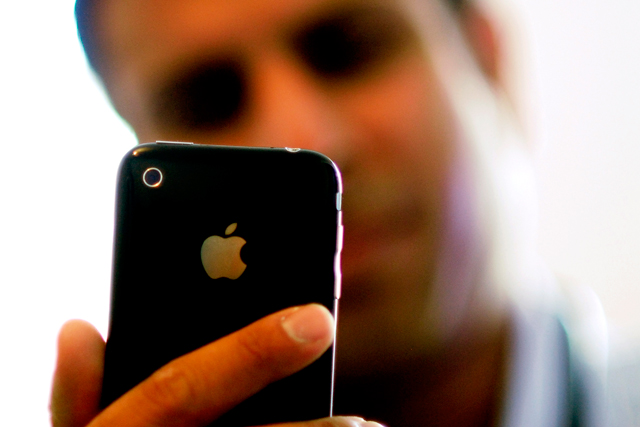Any idea how you are going to pay for Christmas this year? Not so much in terms of making your budget stretch () but whether you have considered the payment method you will use at the point of sale? Probably not.
Unless, perhaps, you have seen ? The campaign aims to both push the low involvement payment card category into the minds of consumers and raise its brand profile as a payment card provider rather than just a credit card company.
The ad champions Barclaycard’s innovative payment solutions by telling the story of a father struggling to choose the perfect toy for his son at Christmas.
The initially befuddled looking father is transported into a world where the toys are alive and able to vocalise why they would make the perfect Christmas gift. Following some scenes of mild peril the perfect toy is found and the father is out of the store quicker than you can say ‘chip and pin is old hat’ thanks to Barclaycard’s contactless technology
The secondary elements of the campaign utilise augmented reality and Shazam (the mobile music identification service), inviting consumers to interact with the Barclaycard brand to be in with a chance of winning a prize, adding that for every winner Barclaycard will donate £5 to Great Ormond Street Children’s hospital charity.
There is also an iPhone game, Toys Unleashed, which follows in the footsteps of previous Barclaycard game release Waterslide Extreme, which had over 20 million downloads.
Despite the neat creative and innovative campaign strategy there is an assumption that consumers already desire and understand new payment technologies. While we know that awareness of new payment methods is increasing, we also see that ownership remains low and that consumers are yet to be convinced of the benefits.
There is a danger that Barclaycard has missed an opportunity to truly engage with and educate the mass market. However, the integrated elements of the campaign will work to engage tech savvy consumers, but these are the people that have already embraced the technology.
This is not just an issue for Barclaycard; other major payment card brands are developing innovative payment options in an increasingly complex market.
Last week saw the arrival of iZettle in the UK - a card reader that can be plugged into most smart phones and tablets and is designed to help small businesses who can’t justify the cost of traditional chip and pin infrastructure.
iZettle is being backed by MasterCard, American Express and mobile network EE, while Visa is investing in and supporting rival firm, Square. Google has developed the enabling customers to use their phone - no need for the plug in.
There is undoubted brinksmanship occurring between the big payment services companies as each attempt to gain an advantage in an emerging market that they hope can propel their brands further in the future.
For retailers, there is little incentive to invest in technology when there is no guarantee that the technology will remain relevant in the long term. The cost of implementation to small and medium sized businesses will remain prohibitively high whilst there is no common standard.
There is little doubt that eventually our traditional payment cards will be replaced, most likely by our smart phones.
Consider that year on year online sales continue to grow by around 15% in the UK (£50bn in 2011) and the proportion of those online transactions now made on a mobile device are thought to make up around one fifth of the total. It would be impossible for the payment card industry to ignore those figures.
An IAB event earlier in the year debated whether 2012 would be the year of the mobile wallet. Probably not, but 2013 maybe. However, the key challenge is migrating consumers to new payment technology.
We are often risk averse and inert when it comes to changing our behaviours and attitudes to money; remember the initial doubts over chip and pin technology?
It will be interesting to observe in 2013 if any of the incentives on offer from companies like Barclaycard start to tempt us to migrate sooner rather than later.


